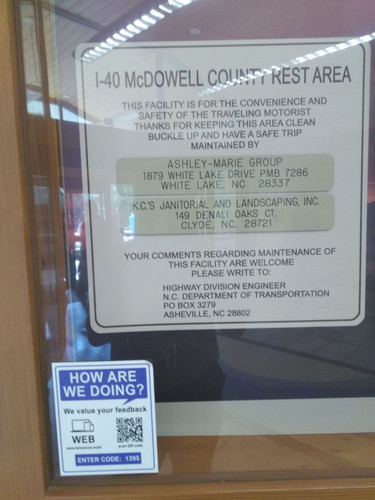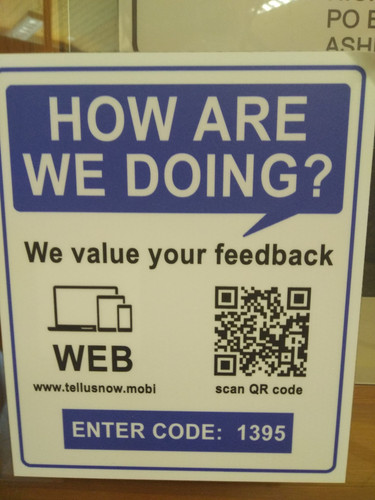FavourB
Established Member
- Impact
- 817
Hi everyone,
This question is mainly thrown to the veterans and those who have long time history with domains, i believe from there experience they can render some explanation, not like the owe we the newbie any , but out of curiosity i just wish to know why the .app extension was created.
, but out of curiosity i just wish to know why the .app extension was created.
1&half years into the industry and it still makes no sense to me

So please why .app when we have various app stores?
This question is mainly thrown to the veterans and those who have long time history with domains, i believe from there experience they can render some explanation, not like the owe we the newbie any
1&half years into the industry and it still makes no sense to me
So please why .app when we have various app stores?







